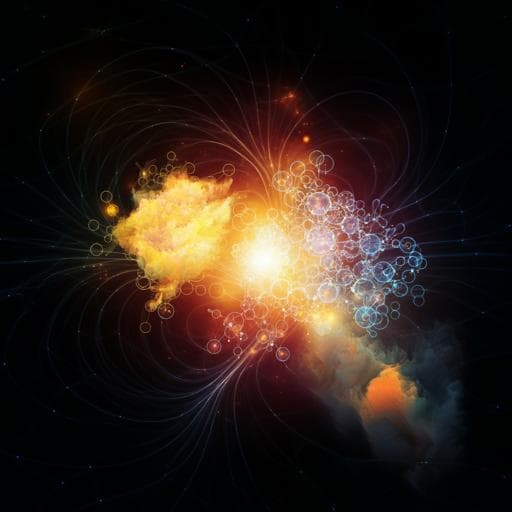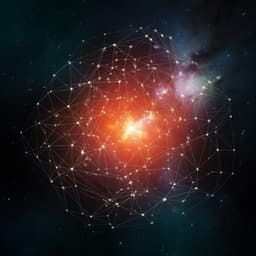
Psychology
Concept and location neurons in the human brain provide the ‘what’ and ‘where’ in memory formation
S. Mackay, T. P. Reber, et al.
This groundbreaking study explores the neuronal mechanisms of memory formation, revealing distinct neuron populations that encode what we experience and where it happens. Conducted by Sina Mackay, Thomas P. Reber, Marcel Bausch, Jan Boström, Christian E. Elger, and Florian Mormann, this research uncovers how our brains remember and spatially navigate different experiences.
~3 min • Beginner • English
Related Publications
Explore these studies to deepen your understanding of the subject.







